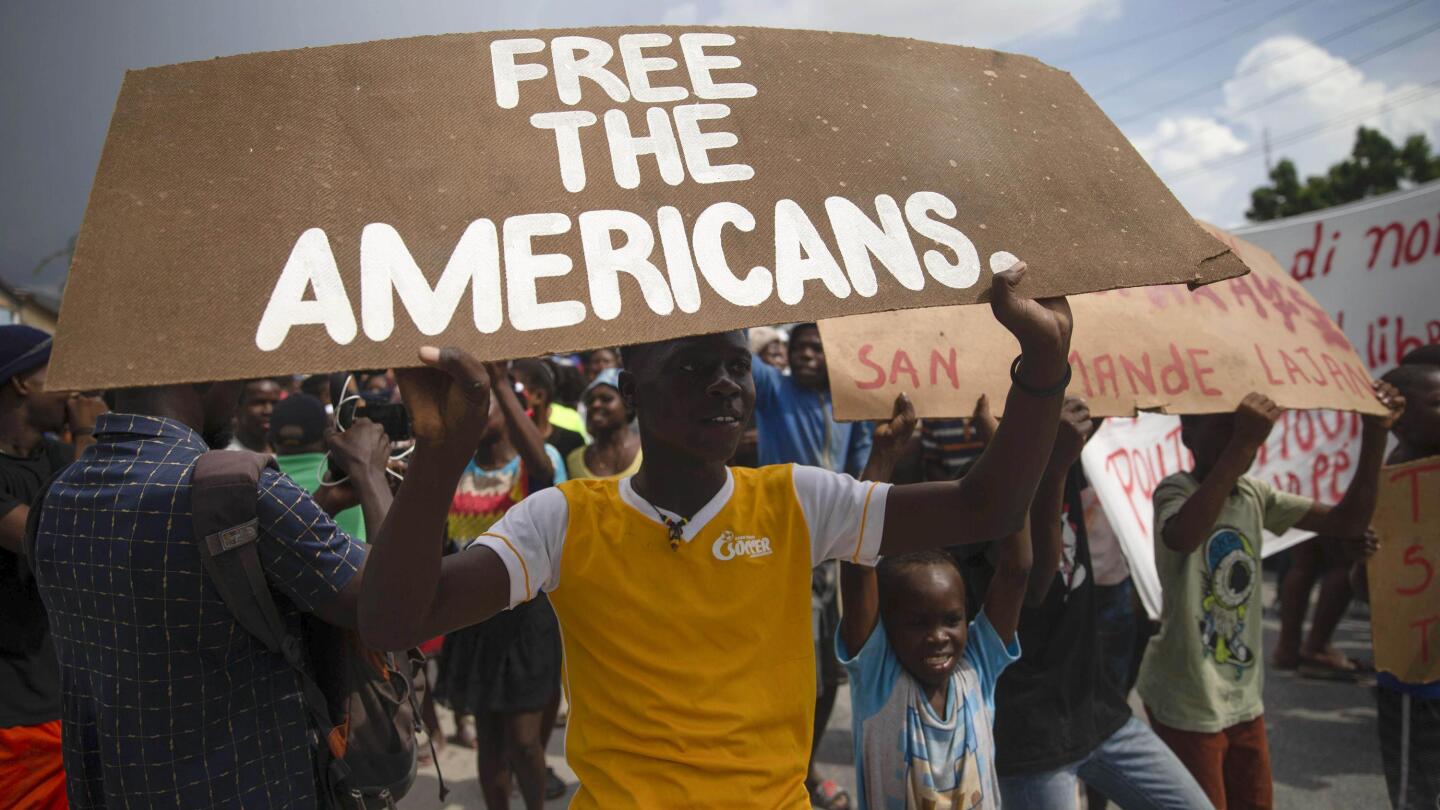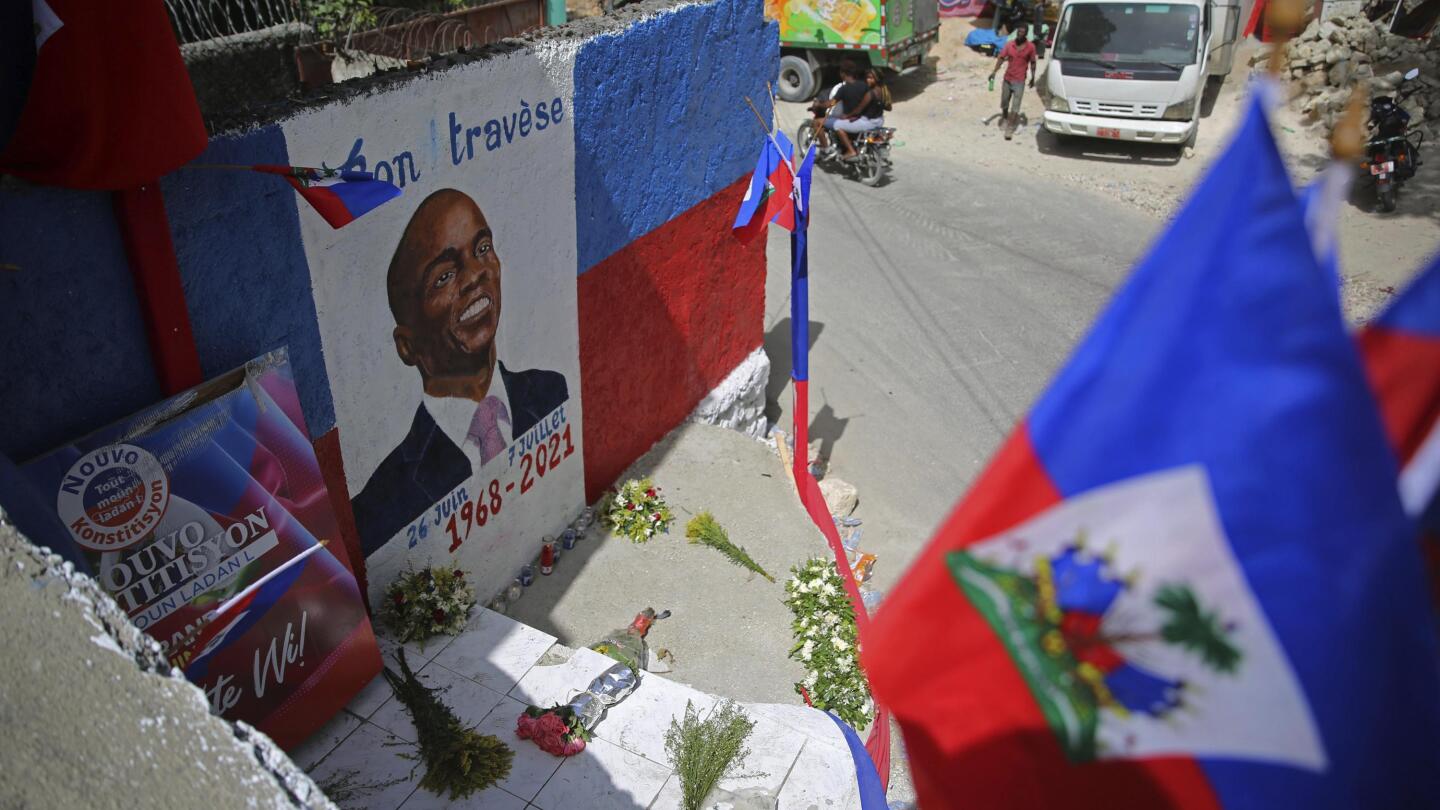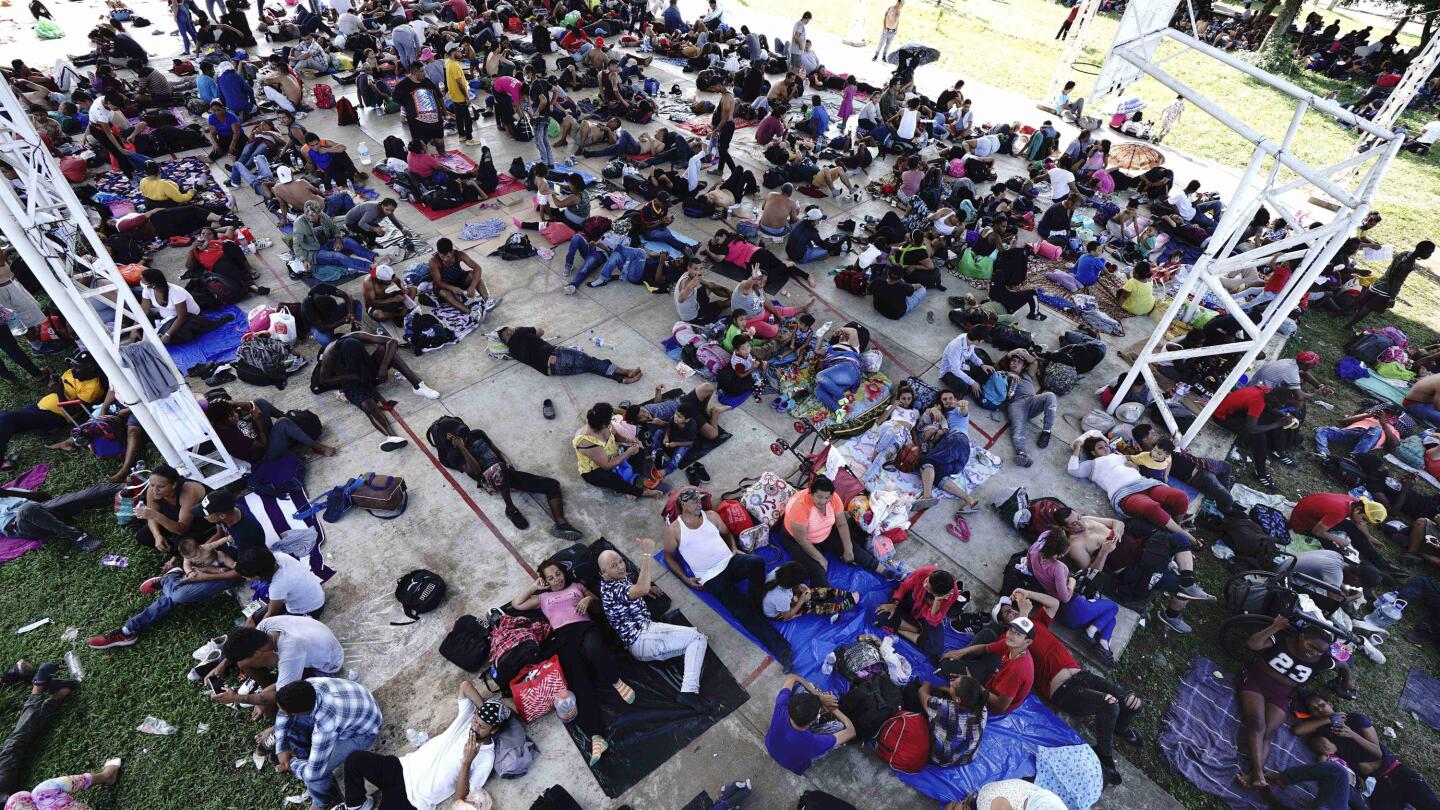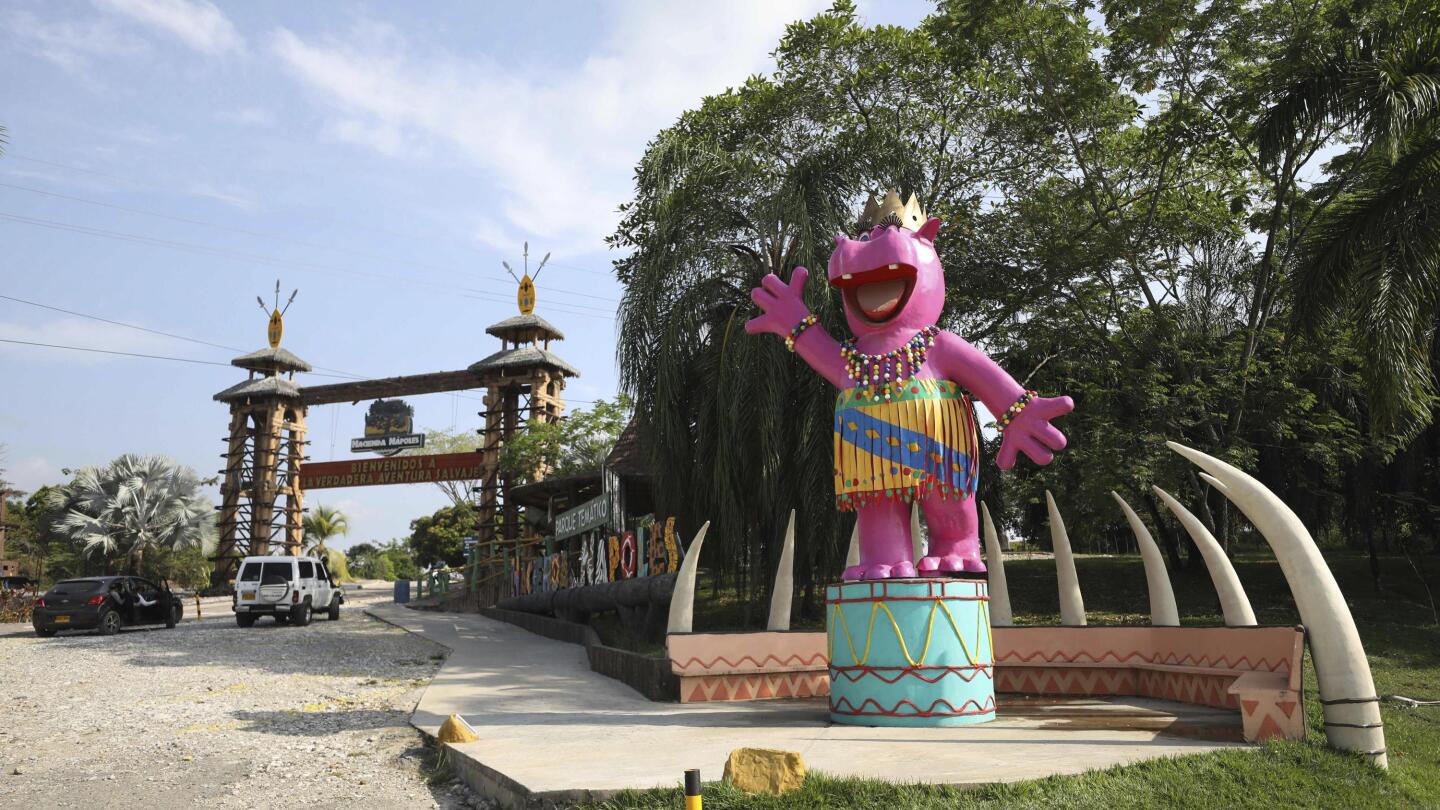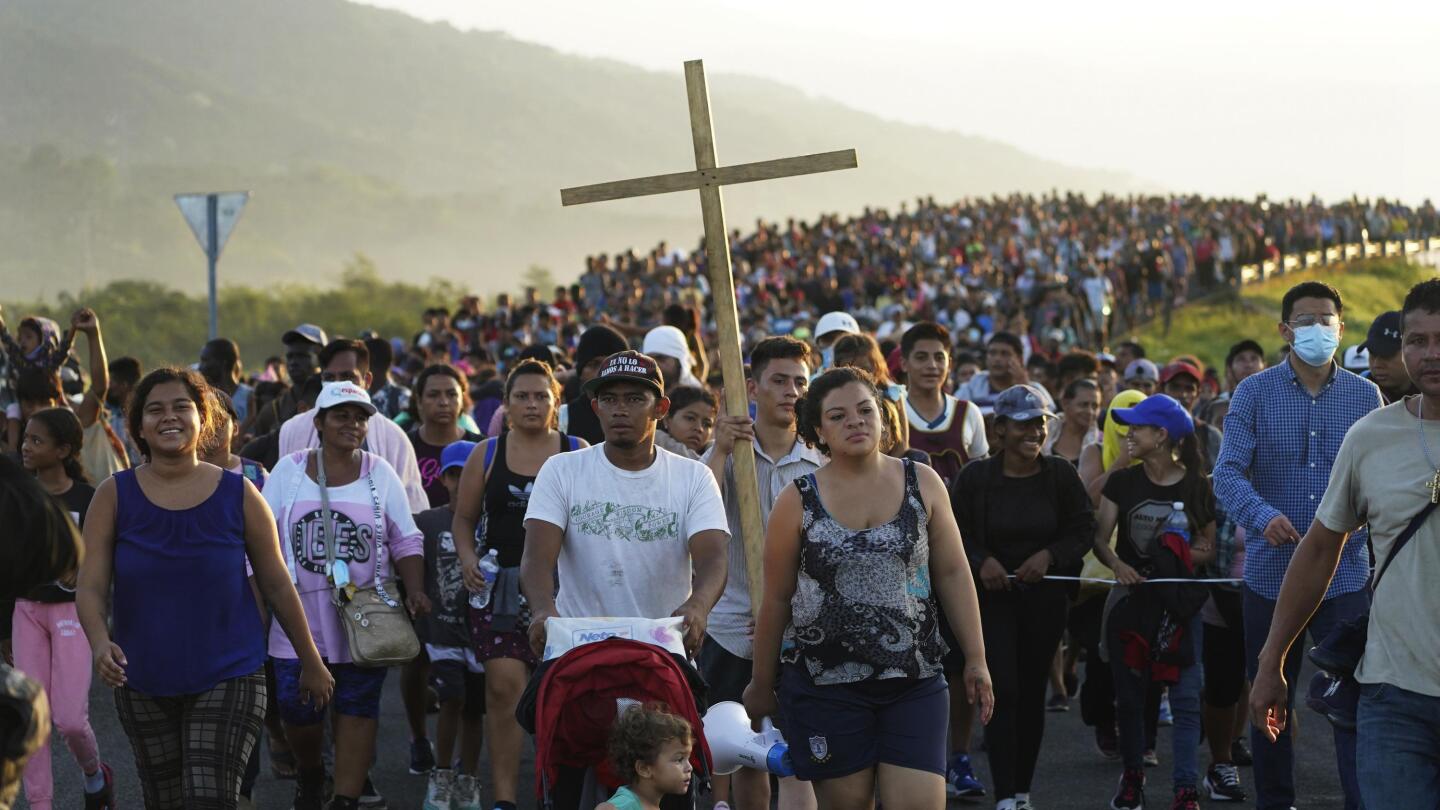Plain Jane
Just Plain Jane
September's thread:
 www.timebomb2000.com
www.timebomb2000.com
Main Coronavirus thread beginning page 1404:
 www.timebomb2000.com
www.timebomb2000.com

 apnews.com
apnews.com
Mexico asks Israel for extradition in missing students case
yesterday
MEXICO CITY (AP) — Mexico’s president has revealed he sent a letter to the Israeli government asking for the extradition of a former top security official, Tomás Zerón.
Zerón was the head of the federal investigation agency at the time of the abduction of 43 students in southern Mexico in 2014. He is being sought on charges of torture and covering up those disappearances.
Zerón fled to Israel in August 2019, where he may have connections to an Israeli firm that sold the Mexican government spyware during his time in office.
The students from a radical teachers’ college were abducted by local police in southern Guerrero state who presumably killed them and burned their bodies.
President Andrés Manuel López Obrador showed a copy of a letter he sent in September to Israeli Prime Minister Naftali Bennett, asking him for help.
“I write you to ask for your valuable attention on this extradition process, which is a priority for our country,” the letter reads.
Despite reports that Israel had expressed disinterest in extraditing Zerón, Israel’s Ambassador to Mexico, Zvi Tal, wrote in July that the process was moving forward.
“Israel does not take political considerations into account in extradition proceedings,” Tal wrote. “The goal of the dialogue between the respective Israeli and Mexican authorities is to ensure that the extradition request is properly submitted and considered. There has been no delay on the part of Israel.”
Zerón oversaw the criminal investigation agency of the Attorney General’s Office and also its forensic work in the 2014 case. Most of the students’ bodies have never been found, though burned bone fragments have been matched to three students.
Zerón’s investigation had long been criticized by the families of the 43 students who disappeared in September 2014 after they were detained by local police in Iguala, in the southern state of Guerrero. They were allegedly handed over to a drug gang and slain, and have not been heard from since.
Zerón was at the center of the government’s widely criticized investigation, which has failed to definitively determine what happened to the students. Two independent teams of experts have cast doubt on the insistence of Mexican officials that the students bodies were incinerated in a huge fire at a trash dump.
Many of the suspects arrested in the case were later released, and many claimed they had been tortured by police or the military.
The supposition is that Zerón and others tortured witnesses, illegally detained suspects and mishandled evidence to try to bring the investigation to a quick conclusion or cover up what really happened.
INTL - Latin America and the Islands: Politics, Economics, and Military- September 2021
August thread is here: https://www.timebomb2000.com/xf/index.php?threads/latin-america-and-the-islands-politics-economics-military-august-2021.604949/ Main Coronavirus thread beginning page 1384: https://www.timebomb2000.com/xf/index.php?threads/main-coronavirus-thread.566780/page-1384...
Main Coronavirus thread beginning page 1404:
CORONA - Main Coronavirus thread
Merck says experimental pill cuts worst effects of COVID. WASHINGTON (AP) — Merck & Co. said Friday that its experimental COVID-19 pill reduced hospitalizations and deaths by half in people recently infected with the coronavirus and that it would soon ask health officials in the U.S. and around...

Mexico asks Israel for extradition in missing students case
Mexico's president has revealed he sent a letter to the Israeli government asking for the extradition of a former top security official, Tomás Zerón.
Mexico asks Israel for extradition in missing students case
yesterday
MEXICO CITY (AP) — Mexico’s president has revealed he sent a letter to the Israeli government asking for the extradition of a former top security official, Tomás Zerón.
Zerón was the head of the federal investigation agency at the time of the abduction of 43 students in southern Mexico in 2014. He is being sought on charges of torture and covering up those disappearances.
Zerón fled to Israel in August 2019, where he may have connections to an Israeli firm that sold the Mexican government spyware during his time in office.
The students from a radical teachers’ college were abducted by local police in southern Guerrero state who presumably killed them and burned their bodies.
President Andrés Manuel López Obrador showed a copy of a letter he sent in September to Israeli Prime Minister Naftali Bennett, asking him for help.
“I write you to ask for your valuable attention on this extradition process, which is a priority for our country,” the letter reads.
Despite reports that Israel had expressed disinterest in extraditing Zerón, Israel’s Ambassador to Mexico, Zvi Tal, wrote in July that the process was moving forward.
“Israel does not take political considerations into account in extradition proceedings,” Tal wrote. “The goal of the dialogue between the respective Israeli and Mexican authorities is to ensure that the extradition request is properly submitted and considered. There has been no delay on the part of Israel.”
Zerón oversaw the criminal investigation agency of the Attorney General’s Office and also its forensic work in the 2014 case. Most of the students’ bodies have never been found, though burned bone fragments have been matched to three students.
Zerón’s investigation had long been criticized by the families of the 43 students who disappeared in September 2014 after they were detained by local police in Iguala, in the southern state of Guerrero. They were allegedly handed over to a drug gang and slain, and have not been heard from since.
Zerón was at the center of the government’s widely criticized investigation, which has failed to definitively determine what happened to the students. Two independent teams of experts have cast doubt on the insistence of Mexican officials that the students bodies were incinerated in a huge fire at a trash dump.
Many of the suspects arrested in the case were later released, and many claimed they had been tortured by police or the military.
The supposition is that Zerón and others tortured witnesses, illegally detained suspects and mishandled evidence to try to bring the investigation to a quick conclusion or cover up what really happened.












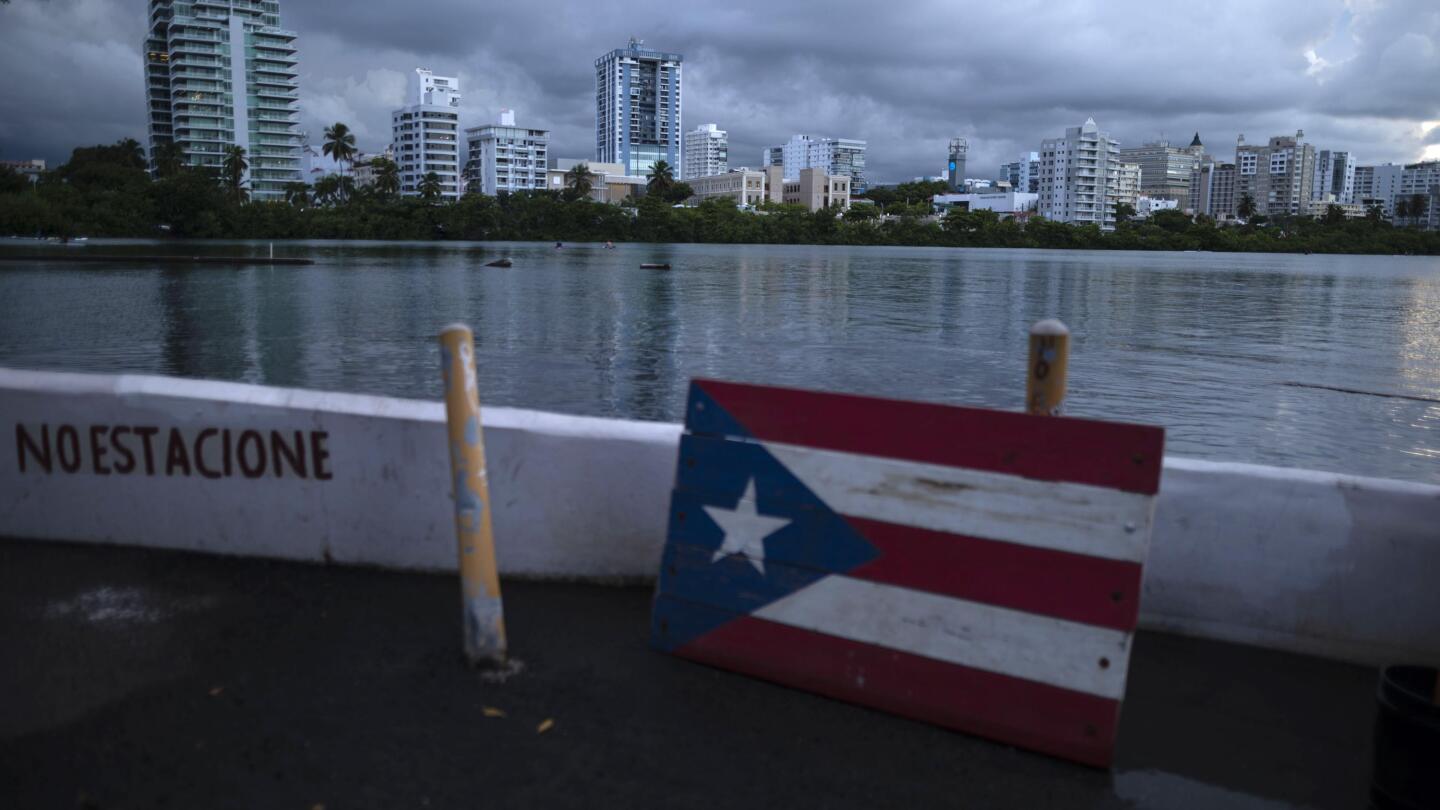


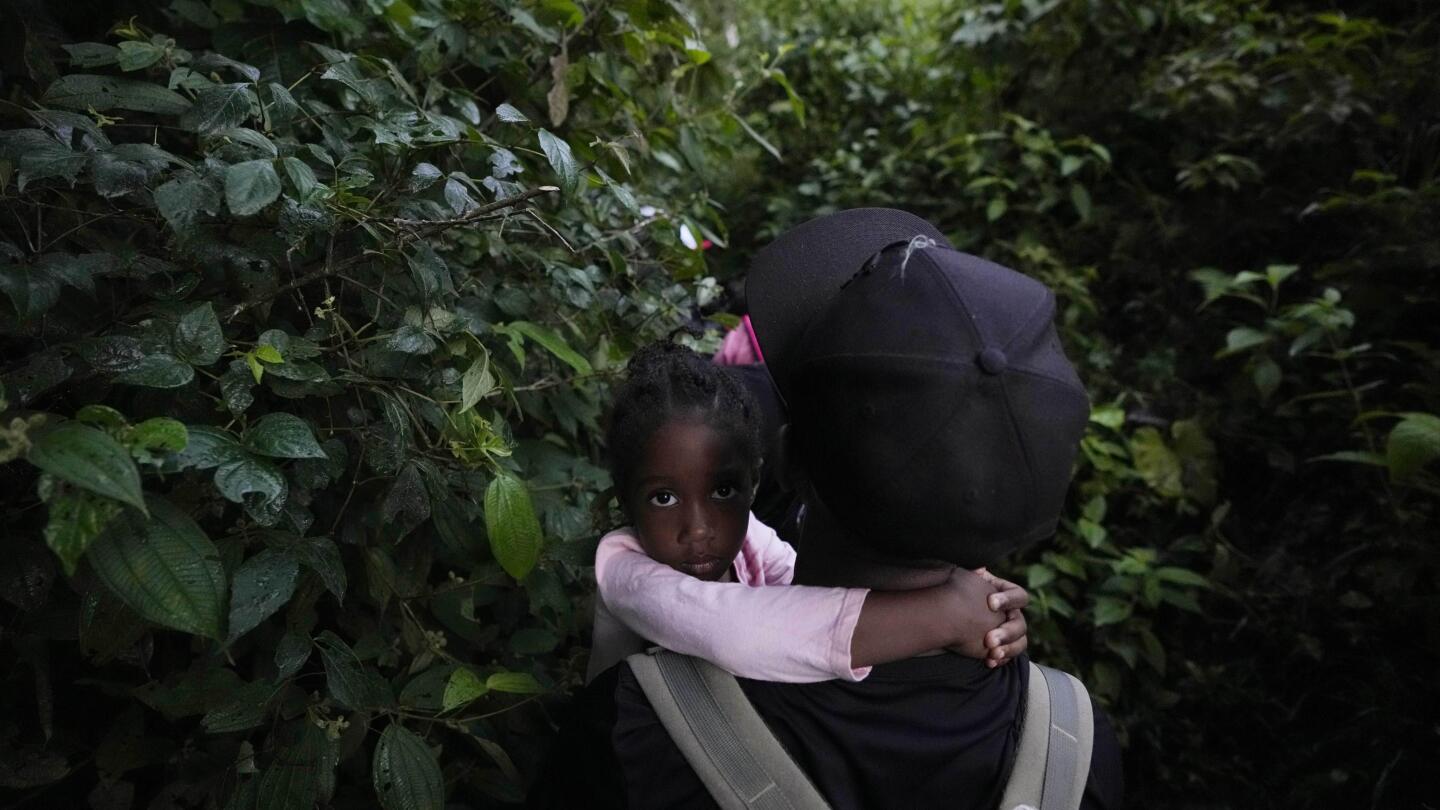

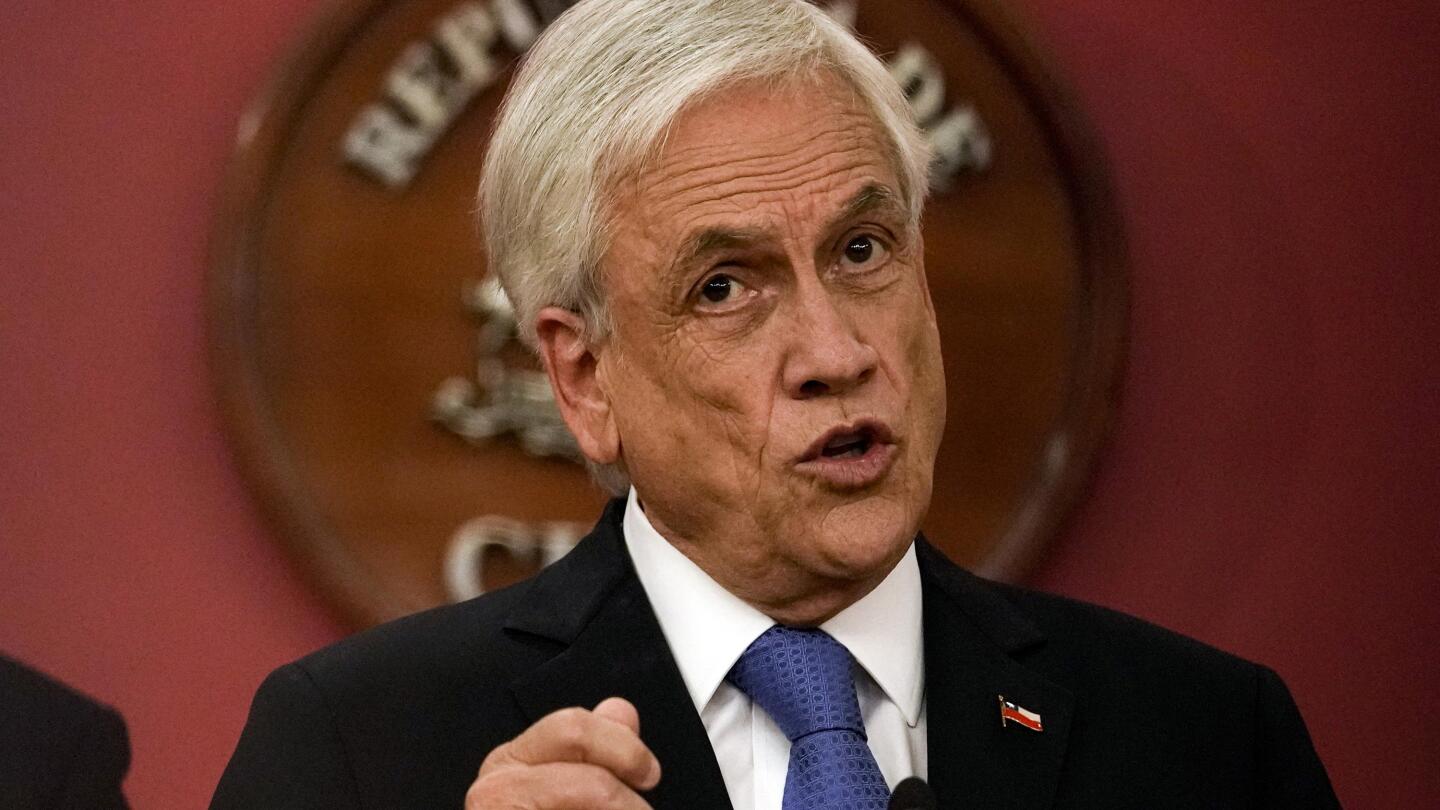



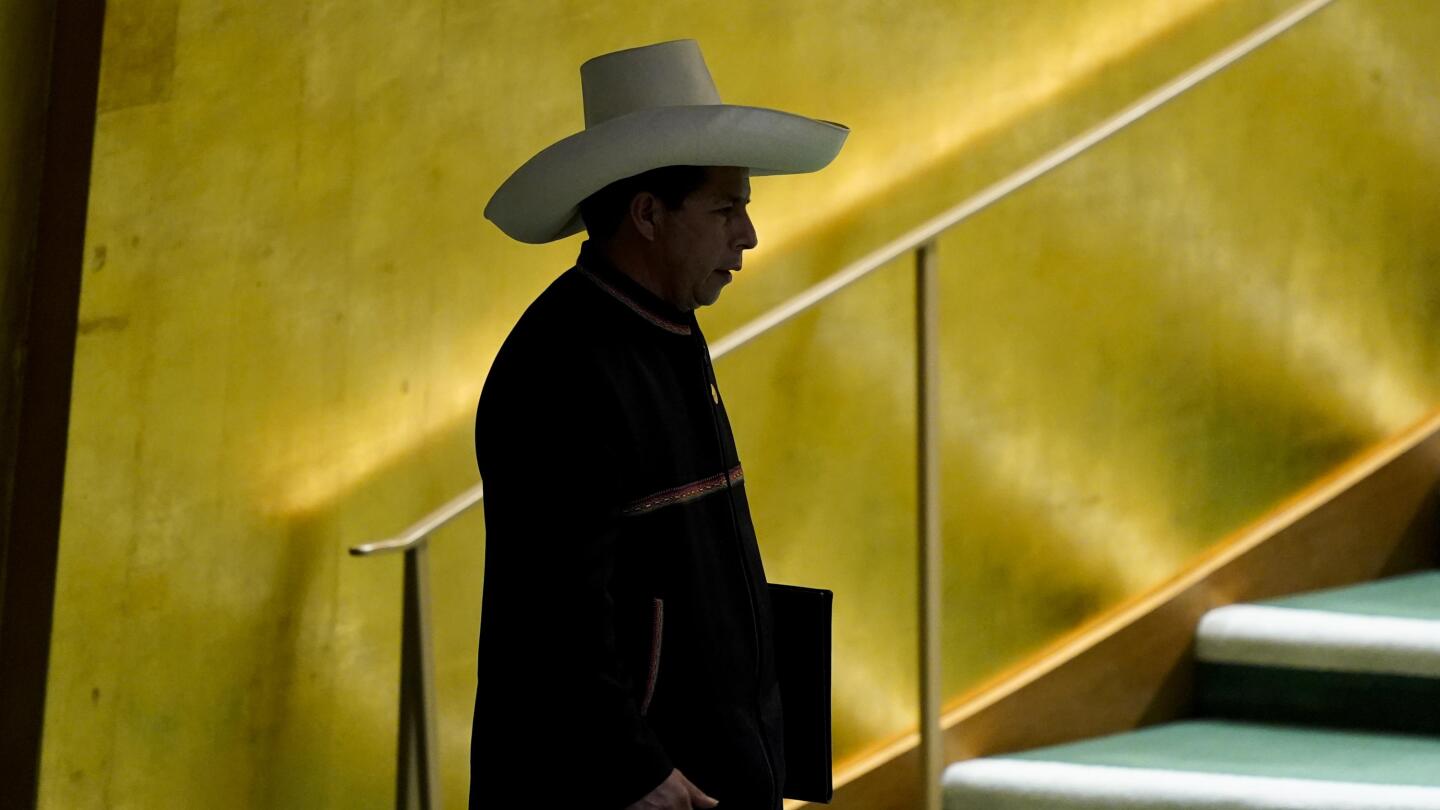

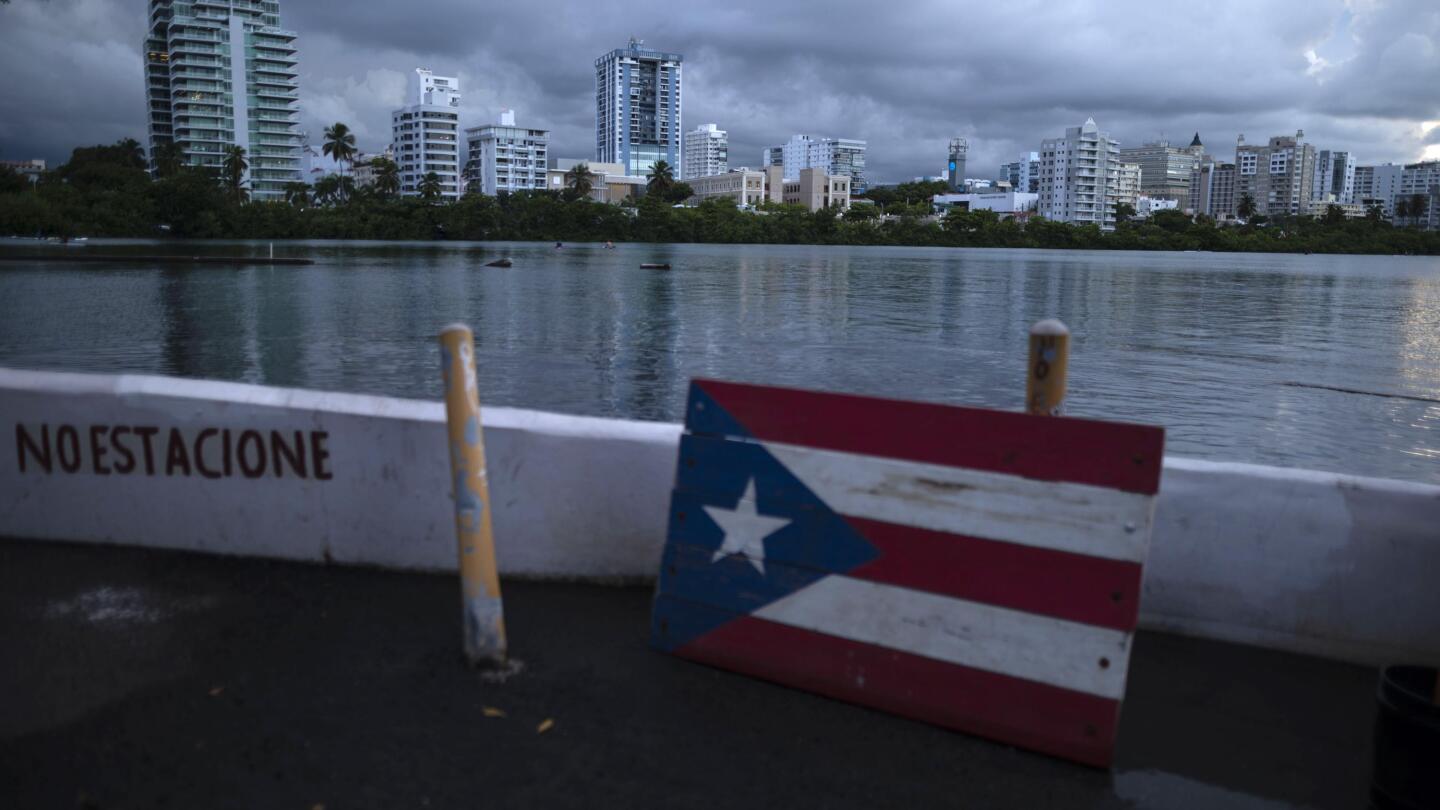










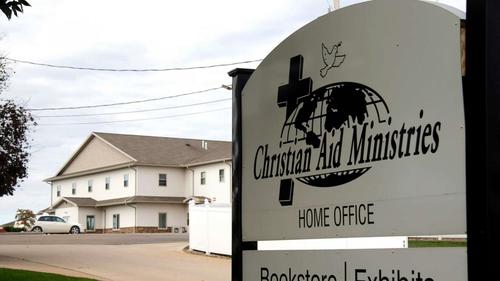 Via AP: Christian Aid Ministries in Berlin, Ohio
Via AP: Christian Aid Ministries in Berlin, Ohio 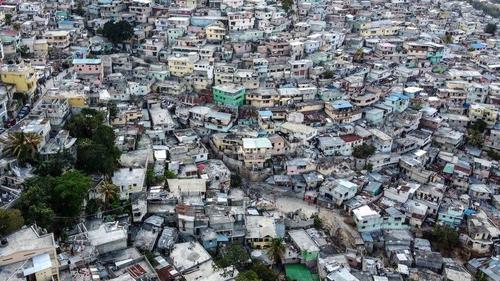 Port-au-Prince, AFP via Getty Images
Port-au-Prince, AFP via Getty Images
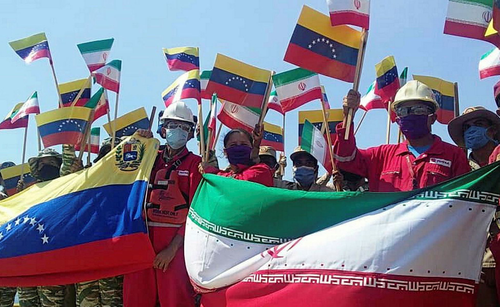 Image source: TradeWinds
Image source: TradeWinds

